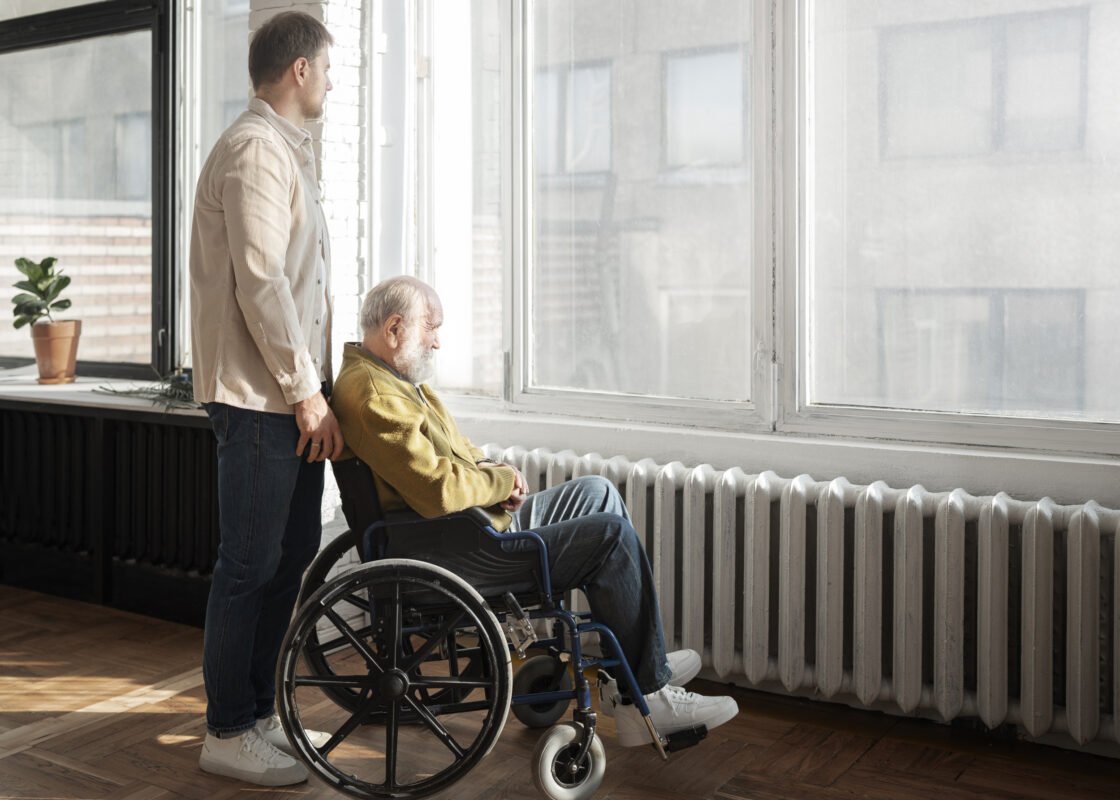Blog
Research: Individuals with anxiousness acquire twice the danger of growing Parkinson’s illness
A current examine has discovered that anxiousness can double the danger of growing Parkinson’s illness in adults over 50.
Parkinson’s is a neurodegenerative illness that impacts practically 10 million individuals worldwide. It’s a progressive situation induced by the demise or injury of nerve cells within the section of the mind that controls motion.
In the newest examineThe researchers investigated whether or not there’s a hyperlink between new-onset anxiousness in individuals over 50 and the following analysis of Parkinson’s illness. They analyzed a cohort of 109,435 sufferers who developed anxiousness after reaching the age of fifty and in contrast them with 878,256 management topics who didn’t acquire anxiousness.
The crew additionally monitored contributors for typical options of Parkinson’s, equivalent to sleep disturbances, despair, tremors and stability issues, from the time of their anxiousness analysis till one 12 months earlier than Parkinson’s analysis. This helped them perceive every group’s danger of growing Parkinson’s over time and determine their danger components.
The outcomes confirmed that the danger of Parkinson’s illness was twice as excessive within the anxiousness group when components equivalent to age, gender, social drawback, way of life components, extreme psychological sickness, head trauma and dementia had been taken under consideration. In anxiousness sufferers, components equivalent to despair, low blood stress, tremors, stiffness, stability issues, constipation, sleep issues, fatigue and cognitive issues had been related to an elevated danger of growing Parkinson’s illness.
“Nervousness is understood to be a function of the early phases of Parkinson’s illness, however previous to our examine, the anticipated danger of Parkinson’s illness in people over 50 years of age with new-onset anxiousness was unknown,” stated co-lead writer Dr. Juan Bazo Avarez in a Press launch.
“By understanding that anxiousness and the traits talked about are related to a greater danger of growing Parkinson’s after age 50, we hope we will detect the illness earlier and benefit sufferers score the remedy they want,” Avarez stated.
“Nervousness isn’t as properly understood as different early indicators of Parkinson’s illness. Additional analysis ought to examine how the early onset of tension is said to different early signs and the underlying development of Parkinson’s illness in its early phases. This may lead to raised remedy of the illness in its earliest phases,” added co-lead writer Professor Anette Schrag.

